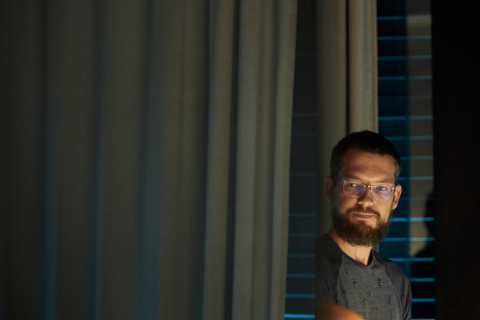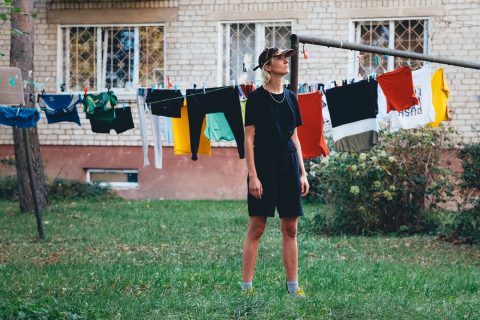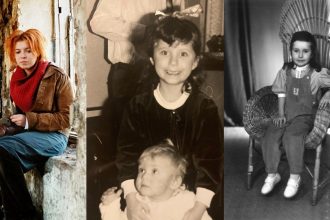It is difficult to count all the impressive film and TV works that were produced in Kaunas. They include such Lithuanian films as Emilia, Isaac, and Owl Mountain and foreign projects, such as Out Stealing Horses and Resistance as well as large-scale TV series like Chernobyl, Catherine the Great, and Tokyo Trial. Kaunas Film Office is responsible for the smooth production of these projects and making sure it benefits the city. We talked with its head Goda Gajauskaitė about how it all started, how the face of Kaunas continues to change in the movies, and how the dynamics of film sets change over time; which ones are the most popular and perhaps undeservedly forgotten locations of Kaunas.
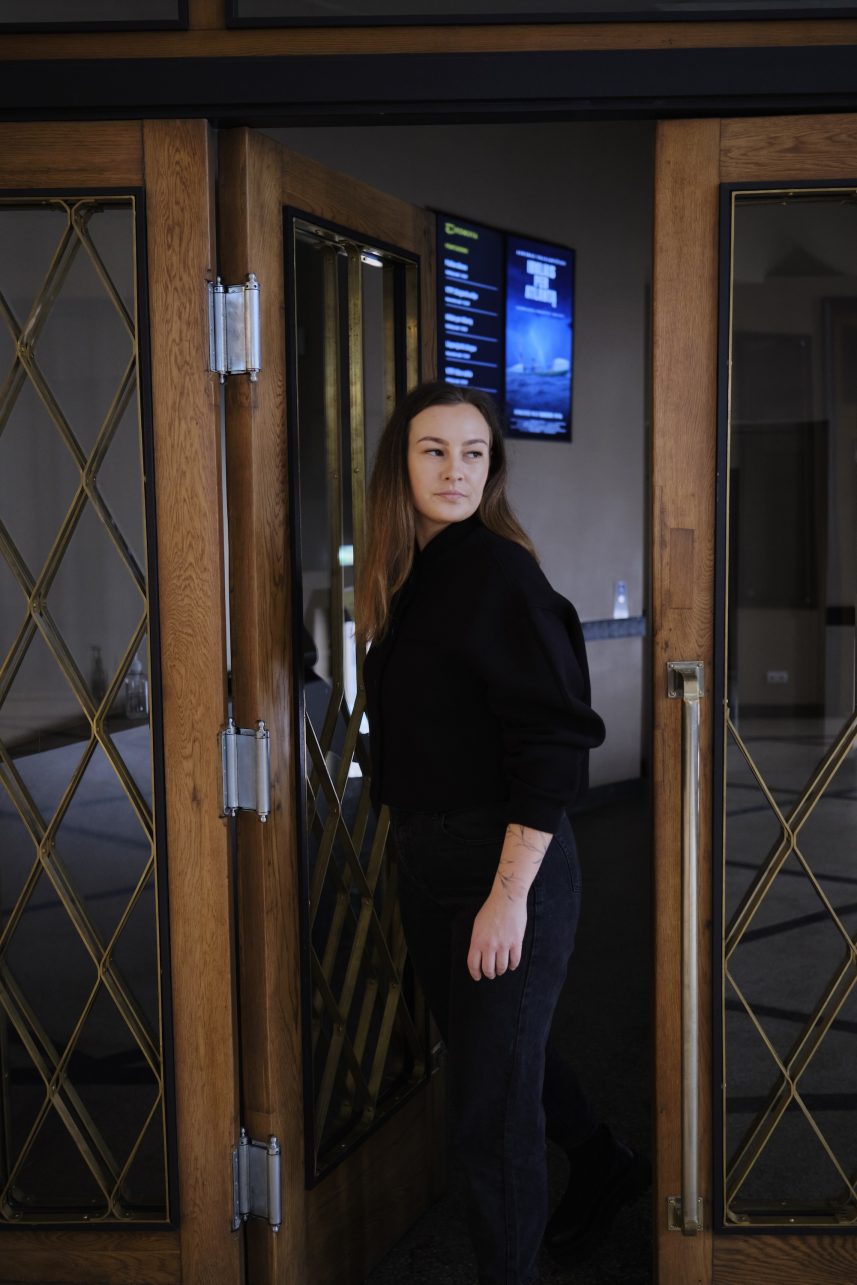
How did you start working at the Kaunas Film Office? What changes has it undergone in the last year?
I’ve always been interested in the filming process and what’s behind the scenes, so I was looking for opportunities to contribute to it while studying in Kaunas. That’s how I met my former director Aurelijus Silkinis and I joined the filming of the first project – Owl Mountain – in 2016. After trying myself in a position with more responsibilities, everything seemed very interesting to me, and I felt a spark lighting up in me. On the last day of filming, the director offered me a paid position at the Kaunas Film Office after the internship. Although I didn’t plan to look for a job then, with his encouragement, I took up the challenge for which I am still grateful.
We could say that the history of the Kaunas Film Office began in 2012 when the Kaunas Film Studio was founded. Its maintenance was difficult and expensive, and the vision was perhaps too broad. So, it was decided to close it but at the initiative of the Kaunas city municipality and A. Silkinis, a film office was formed with a more specific goal, focused on increasing the awareness of Kaunas in the film industry. When I came to work there in 2017, I immediately felt it had a strong vision, but many things still needed to be created from scratch, both in terms of finding locations and making connections. However, the number of projects increased, they became more and more ambitious, experience increased, and the word about us as reliable specialists began to spread.
What is the role of the Kaunas Film Office in the process of making films? What specialists work in this field?
The practice of film offices is global, operating globally within the film industry and focused on assisting film crews in a specific region. The three main factors that attract filmmakers to Lithuania are locations, tax relief and competent specialists servicing the cinema site. We aim to create as friendly an environment as possible for filmmakers coming here and to put different locations of Kaunas to work. We scout for locations, photograph them, create a database, and organize visits to potential locations. Our work also includes negotiating agreements with site owners or administrators, negotiating rates, street closures, and other permits.
Film productions have many departments with larger or smaller teams. The location department, which can be attributed to the activities of the film office, is involved in the filming process from start to finish. Often, the question “Where will we shoot?” is one of the first ones after creating the script. And sometimes, locations that match the vision of the director or film artist are being sought even before it is finished. The Locations Department employs a wide variety of people, including lawyers, translators, specialists with management education, but is certainly not limited to them. What unites us all is flexibility, efficiency, knowledge of our field and dedication to work. You can say that you have to be a little crazy and love adrenaline if you want to work in the film industry.
Do your responsibilities always remain the same, or do you have to adapt individually to each project?
We try to respond to the needs of a specific project. While working, we always ask ourselves: how will Kaunas benefit from this? Both in terms of investments and cultural value – these elements are important in assessing the significance of the project. Therefore, when working with large productions, we often do not limit ourselves to locations and their offer but provide all the necessary information about the procedure for filming in Kaunas, regulations, and permits. From such questions as, “Can we close Aleksotas Bridge?” to “Can we perhaps blow up the door of the Central Post Office?”, we analyse each case, which sometimes requires up to fifty calls. Although we always try to fulfil the needs of our customers as best as possible, it is also important for us that Kaunas and its locations are not harmed, both physically and financially. We perform a sort of monitoring function on the film set to ensure that the crew is following the rules and that the work is taking place with respect to the environment.
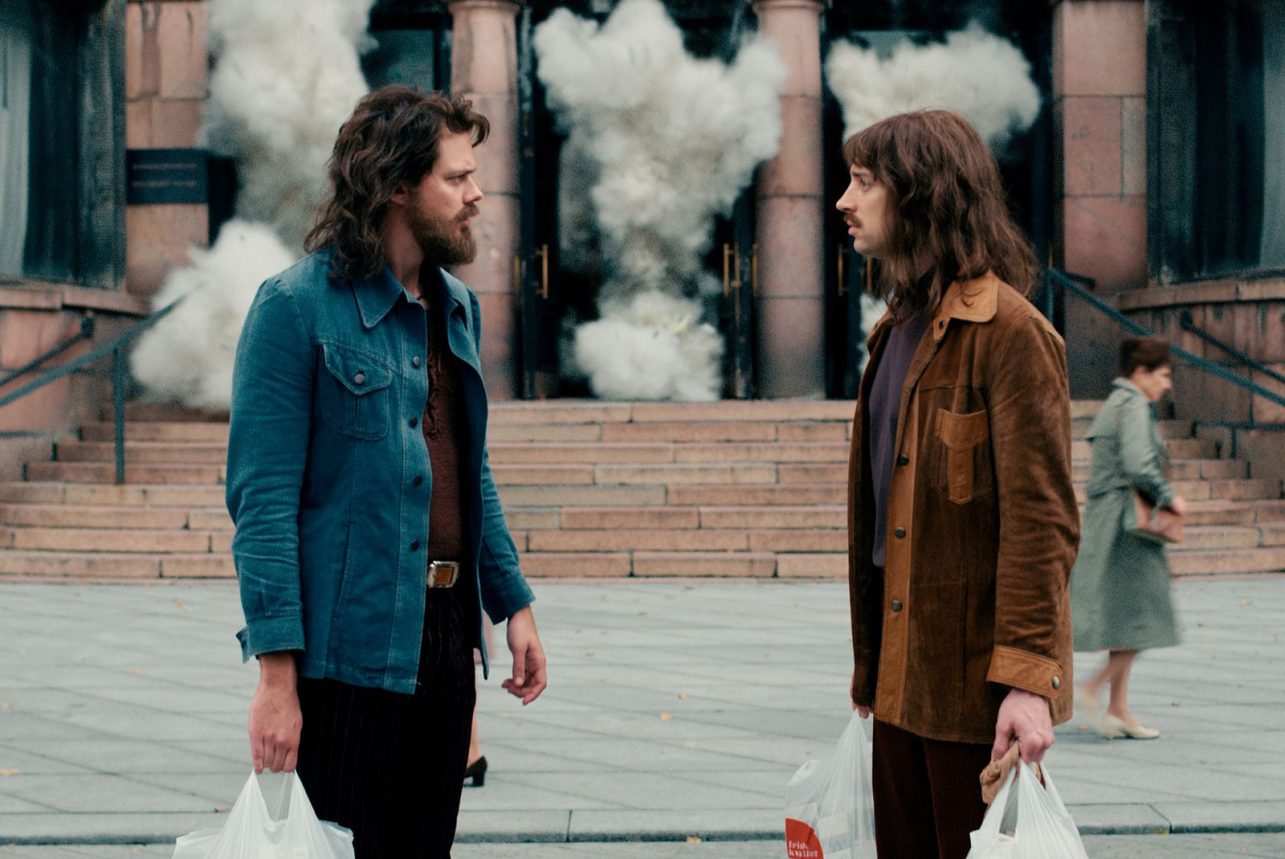
Have you noticed changes in the specifics of the work of film crews over time? Do you feel the changing attitude of the people of Kaunas towards filming here?
Productions change a lot. This can be noticed by working with different production companies. We see that more and more new professionals are entering film sets, bringing their own ideas and a different work ethic. Professionalism and responsibility are growing, and more and more projects are being filmed in Lithuania.
I am glad that Kaunas is a very friendly city for filming also because of the attitudes of its residents. For example, in Vilnius, where there is much more filming, there is some weariness and irritation due to the restrictions, while in Kaunas people are still very understanding and even curious. In the beginning, people were more cautious, but as time went on, they started to see more and more benefits that came from these projects. We feel support and respect for our work from the townspeople as well as the desire for Kaunas to be recognized. I think that the big projects filmed in Kaunas contributed to this because seeing a scene that was filmed in your city on the big screens, on Netflix or HBO, inspires a kind of pride.
Is there a big difference between working with Lithuanian and foreign projects?
Lithuanian projects usually have a smaller budget, which limits the possibilities of renting a specific filming location or specific equipment and creating special and visual effects, costumes, and make-up. As a result, national projects are often somewhat simpler but bring their own management challenges. It is also true that Lithuanians do not follow certain rules because they feel at home here. However, you can strongly feel how a certain identity is forming in the national cinema.
Foreign projects have much bigger teams and different departments. For example, it is interesting that the Chornobyl team had a separate health and safety department. I remember when we offered them the ‘Death’ Bridge in Petrašiūnai – which has now gained the name of the show – the director said that he couldn’t have even dreamt of a better one. However, the Department of Health and Safety immediately put a stop to the plans after noticing that the bridge was old, and the stairs were wobbly. So, they conducted a thorough investigation, really spending a lot of money on it, clarifying the security level of the location. At such moments, one feels how large foreign projects, with a sufficient budget, take care of even the smallest details to ensure the smoothness of work. In Lithuanian projects, each team member has more responsibilities, especially the producers.
Which locations in Kaunas are the most popular for filming? And which ones have not yet been discovered by filmmakers?
As we often say, each location must receive its own script. Maybe I’ll start with the undiscovered because there are a couple of places that we really believe in, but they rarely win the location lottery. One of them is the gallery of Mykolas Žilinskas, which is now being renovated, which makes it a very comfortable, controlled space for filming. There is no need to additionally stop people or close the space to visitors. The rooms are spacious and can be transformed into many different environments. It’s a unique and beautiful location that we offer often and that producers love. I would also like to mention the uniquely designed KTU Faculty of Mechanical Engineering and Design, which has an impressive chandelier and an authentic atrium on the first floor. That space with concrete and granite elements and narrow connecting corridors looks extremely visual and promising, but apparently, creators find it difficult to see their vision in it. Sometimes it’s easier to come to an empty place and create what you have in mind than to use existing elements.
The most popular locations are mainly related to modernist architecture, green parks, and forts. We do a lot of filming in the Art Deco and Amsterdam School museums. Another location that always attracts filmmakers is the Kaunas Garrison Officers’ Club. Other very important places are Kaunas Lagoon Regional Park and Pažaislis Monastery and Church complex. Rumšiškės and The Open-Air Museum of Lithuania as well as Pravieniškės Prison greatly contribute to the attractiveness of our region for filming.
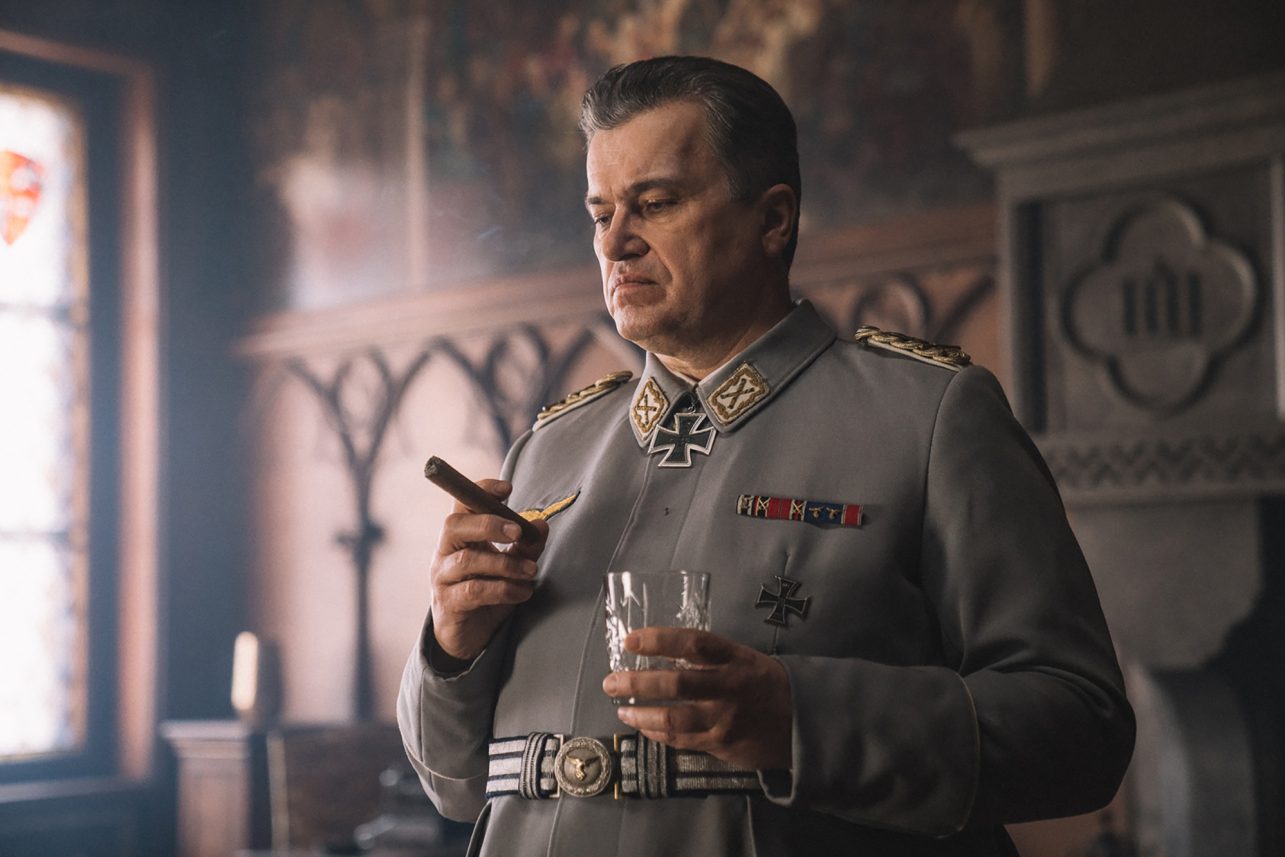
And what are your favorite places in Kaunas?
Kaunas is a very beautiful city to me; I am fascinated by its modernist architecture and authenticity. I am very happy when I see a high-quality restoration of buildings; my heart sings and I want to touch every surface and texture. I am very happy that our city has received the well-deserved evaluation of UNESCO heritage objects.
How do you see the future of the Kaunas Film Office and what would you wish the filmmakers coming to Kaunas?
I only see the increasing recognition and appreciation of Kaunas as a city. It has a lot of potential and opportunities, so I see the future of the Kaunas Film Office focused on growth, and strengthening relations with the owners of local places, residents, and representatives of the film industry. And I wish filmmakers to boldly dive into what the Kaunas region has to offer.

